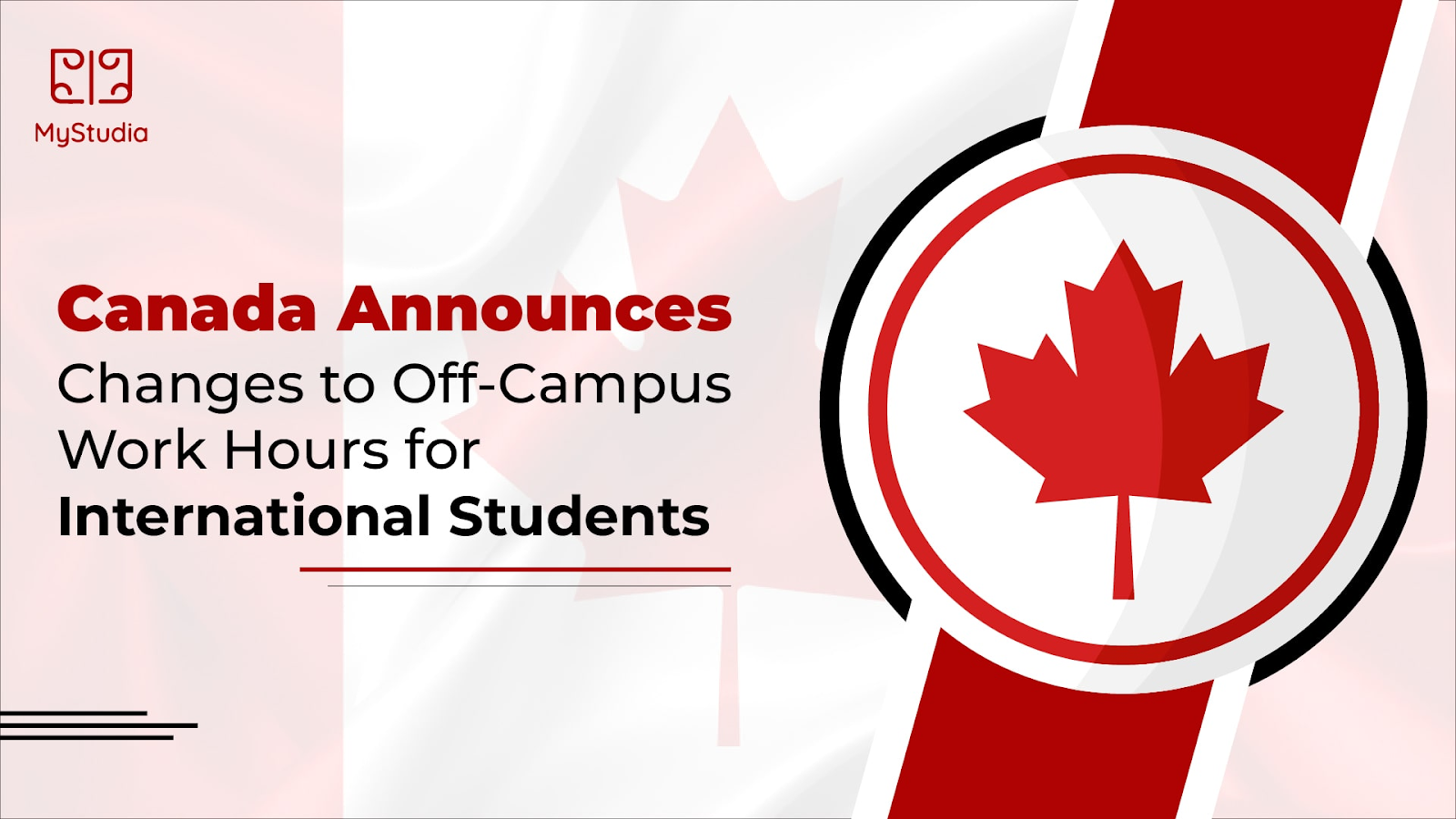

In a press release dated April 29, 2024, the Canadian government emphasized its commitment to supporting international students while maintaining the integrity of the International Student Program (ISP). The Honourable Marc Miller, Minister of Immigration, Refugees and Citizenship, announced forthcoming changes regarding off-campus work hours for international students.
The temporary policy allowing international students to work more than 20 hours per week off-campus will be terminated on April 30, 2024, with no extension planned. Instead, a new policy will be implemented this fall, permitting students to work up to 24 hours per week off-campus. This adjustment aims to strike a balance between allowing students to work part-time while ensuring they prioritize their studies.
During academic breaks, such as the upcoming summer session, students will have the flexibility to work unlimited hours. The decision to revise the policy was informed by various factors, including the needs of students, international policies, and research findings indicating the negative impact of excessive work hours on academic performance.
Studies conducted in the United States and Canada have demonstrated a significant decline in academic performance for students working more than 28 hours per week. Moreover, working over 24 hours per week increases the likelihood of students dropping out of their programs. Many countries that welcome international students, including Australia and the United States, impose restrictions on work hours to mitigate these risks.
Canada has also taken steps to enhance financial preparedness among international students. In December 2023, the government raised the cost-of-living threshold for study permit approval, reducing students' dependence on part-time work to cover living expenses.
Additionally, changes to post-graduation work permit eligibility have been introduced. International students commencing college programs under public-private curriculum licensing arrangements on or after May 15, 2024, will not qualify for post-graduation work permits. However, those already enrolled in such programs before the specified date will remain eligible, provided they meet the necessary criteria.
To ensure the legitimacy of study permit applications, IRCC implemented a new letter of acceptance (LOA) verification process. Since its launch in December 2023, the process has verified nearly 142,000 LOAs as valid, while identifying discrepancies in approximately 9,000 LOAs.
Minister Miller reiterated the government's commitment to supporting international students' success in Canada. While recognizing the importance of part-time work for students, he emphasized the primary purpose of their presence in Canada: to pursue their studies. The forthcoming policy changes aim to strike a balance between facilitating student employment and safeguarding academic outcomes.
In conclusion, Canada remains dedicated to enhancing the ISP's integrity while ensuring international students receive the support they need to thrive academically and socially during their time in the country.
Having an 'Identity Verified' badge or being 'Identity Verified' simply indicates that an individual has submitted information to complete our identity verification process or we have conducted internal verification using various authorized websites. While this process includes safeguards, it does not guarantee that the person is who they claim to be.
If you encounter any issues with this profile, please report them here. While all consultants who are verified have RCIC ID, we may not have the latest data in terms of their renewal/cancellation/discontinuation of their RCIC ID.
The "Verified Consultants" profiles are created using publicly available information, including data from the IRCC website, official consultant sites, other listing platforms, and social media. Immiperts.com is an independent platform, not affiliated with IRCC or any registered immigration consultants. To update, claim, or remove your profile, please contact us at [email protected].
╳